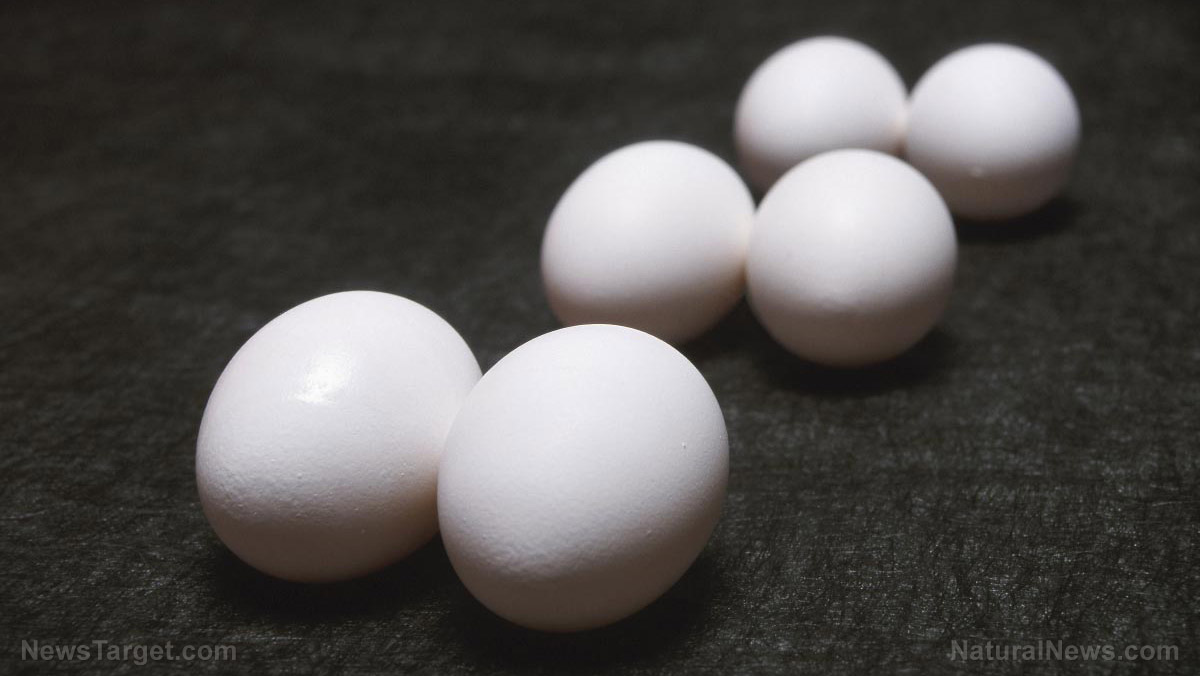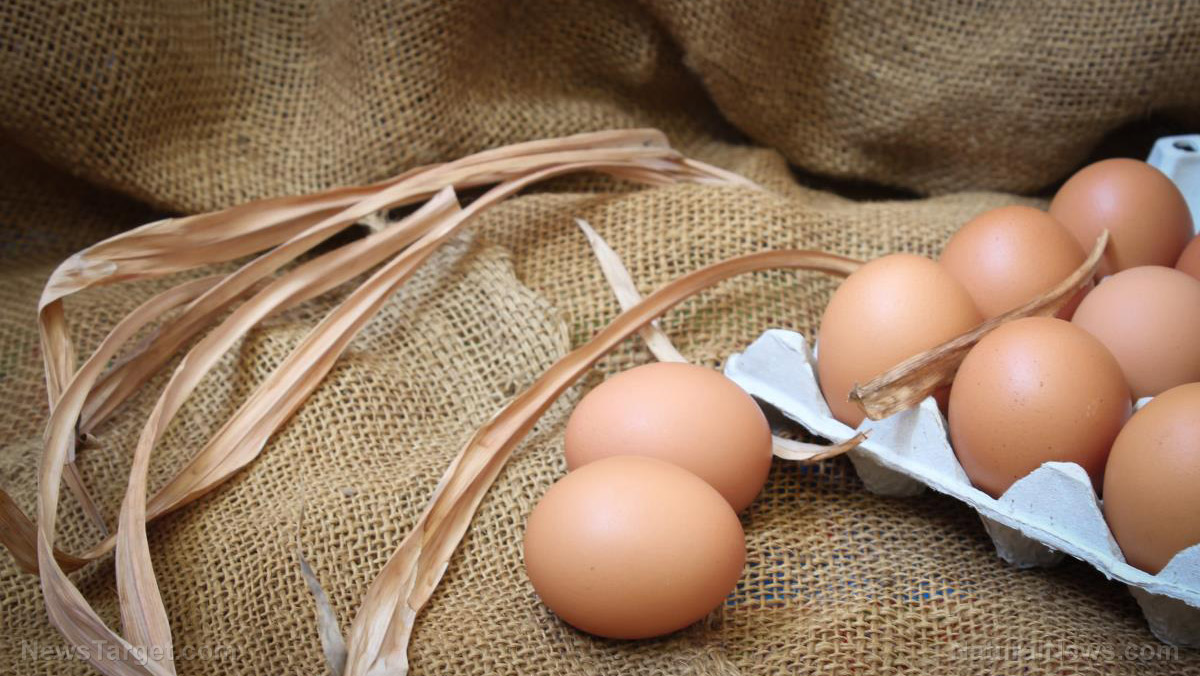
Two British supermarket chains have imposed a limit on the number of eggs customers can purchase.
Asda and Lidl led the way with egg rationing, citing supply chain issues stemming from an outbreak of avian flu. Asda imposed a limit of two boxes of eggs, while Lidl limited customers to three boxes of eggs at a time.
An Asda spokesman confirmed the rationing measures to the Daily Mail, adding that the company is "working hard with our suppliers to resolve the industry challenges which are currently affecting all supermarkets."
Meanwhile, a notice posted at one Lidl location went viral on social media. "Let's keep enough for everyone," said the notice, reminding customers of the three-box limit "to ensure that everyone has the essentials they need."
Waitrose said it has not introduced any limits on egg purchases, but continued that it is "continuing to monitor customer demand."
While Asda and Lidl imposed limits to the number of eggs shoppers can buy, four food retailers – Marks & Spencer, Co-op, Morrisons and Tesco – assured customers that no such rationing will be put in place in their stores. (Related: Tesco, the UK's largest supermarket, begins cooking oil rationing amid supply disruption.)
Sainsbury's – the second-largest supermarket chain in the United Kingdom – imported barn eggs from Italy to solve what it called "some supply challenges." The grocery has priced itself on using only free-range eggs.
British Retail Consortium (BRC) Director of Food and Sustainability Andrew Opie acknowledged the rationing measures in an email to the Epoch Times.
"While avian flu has disrupted the supply of some egg ranges, retailers are experts at managing supply chains and are working hard to minimize impact on customers. Some stores have introduced temporary limits on the number of boxes customers can buy to ensure availability for everyone," he told the outlet.
"Supermarkets source the vast majority of their food from the U.K. and know they need to pay a sustainable price to egg farmers, but are constrained by how much additional cost they can pass on to consumers during a cost-of-living crisis," Opie added.
Supermarkets – not avian flu – behind looming egg shortage
Wales-based farmer Ioan Humphreys, meanwhile, told the Epoch Times that there will definitely be an egg shortage. However, he pointed to big grocers as the ones responsible for it.
"There will be less [eggs], and farmers can't afford to produce. There was bird flu last year and there wasn't a shortage of eggs because we could afford to produce," said Humphreys.
According to the farmer, the mainstream media was "getting it wrong" by claiming that bird flu is to blame. "It's the supermarkets not buying for a fair price which is the issue. They are taking things a bit overboard by rationing. It'll create panic buying."
Humphreys explained that supermarkets are not paying farmers enough for the eggs despite increasing the price for the consumer. The price increase is not reaching farmers even though costs for producing feed, electricity and new chickens have gone up.
Robert Gooch, CEO of the British Free Range Egg Producers Association, put in his two cents on the matter.
"We have been warning for months that failing to pay farmers a price which allows them to make a profit would result in mass destocking or, worse still, an exodus from the industry.
"Seeing Italian eggs on the shelves is a wake-up call to all retailers that they can't expect farmers to work for nothing," he added, referencing the move by Sainsbury's to import eggs.
Head over to FoodPolice.news for more stories about rationing in supermarkets.
Watch "American Journal" host Harrison Smith discuss product rationing at supermarkets in Spain in the video below.
This video is from the InfoWars channel on Brighteon.com.
More related stories:
Huge increase in food demand due to coronavirus sends wholesale egg prices skyrocketing 180%.
Egg prices soar 47% year-over-year in July amid inflation and bird flu outbreaks.
Government says "bird flu" responsible for rising egg prices.
Sources include:
Please contact us for more information.

















